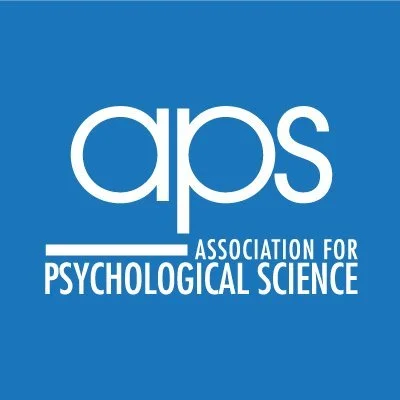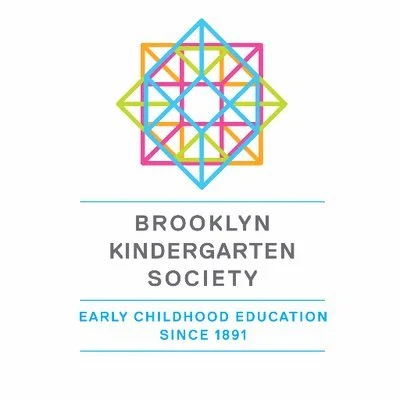Technology-Based Tools Enable Greater Collaboration Between Head Start and Public Schools
By Cognitive ToyBox
Published March 2021
Background
Early childhood education in Chattanooga, TN, is delivered through a mixed model that includes center-based, school-based, and home-based providers. The City of Chattanooga's Office of Early Learning, established in 2017, aimed to support each program delivery model in providing high-quality care to all children and families. To achieve this, they sought a uniform early childhood assessment tool that would provide detailed data on school readiness across different education settings. The previous observation-only assessment system was time-consuming and lacked sufficient data. They piloted Cognitive ToyBox to determine its effectiveness in assessing school readiness across the region.
Study Goals
To introduce a user-friendly, early childhood assessment tool common to all early learning providers in Chattanooga.
To understand school readiness holistically and identify areas for improvement.
To gather detailed student data
Challenges
The city faced challenges related to the implementation of the assessment tool and adapting to changes caused by the COVID-19 pandemic. The closure of physical schools required brainstorming sessions among early learning leaders to find ways to support children's development remotely. The Cognitive ToyBox team made adaptations based on Chattanooga's feedback to enable educators to track children's progress both in person and remotely. The PreK program faced challenges in collecting consistent assessment data at home.
Outcomes
The City of Chattanooga's Office of Early Learning serves as a strong model for collaboration across early learning programs. By utilizing a uniform assessment tool and fostering cross-program collaboration, they developed inclusive communities of practice, and ensured a smooth transition for children from Head Start into Kindergarten. The study highlights the benefits of data-driven decision-making and the importance of collaboration between Head Start and public schools.
The pilot of Cognitive ToyBox was successful, providing early childhood leaders with better insights into school readiness and areas for improvement. The implementation expanded to support over 2,000 children across different early childhood education programs. The use of the assessment tool facilitated cross-program collaboration and allowed the city to monitor school readiness and respond quickly to educators' and families' needs. The data-driven decision-making approach led to collaborative adjustments and improved program effectiveness. Additionally, the implementation created a digital portfolio for each student entering Kindergarten, providing a clear picture of their developmental strengths and areas for improvement.
Other Research













